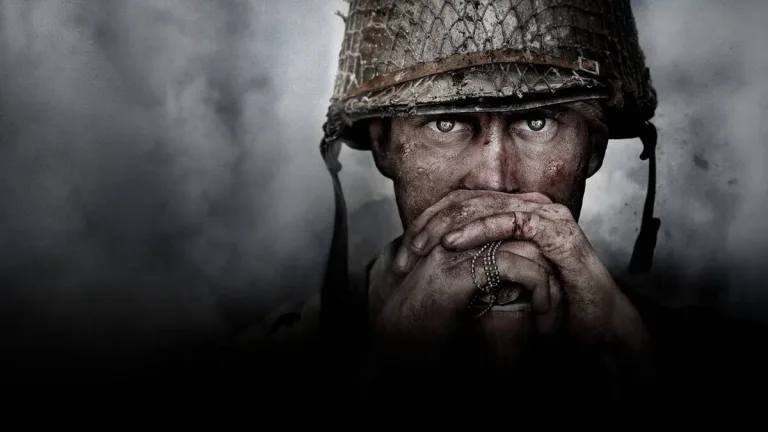In a move that’s become all too familiar in the live-service landscape, Wargaming has announced the sunset...
Day: July 9, 2025
Absolutely, Jesús. Here’s a compelling and richly detailed blog post that blends the recent shutdown of Call...



